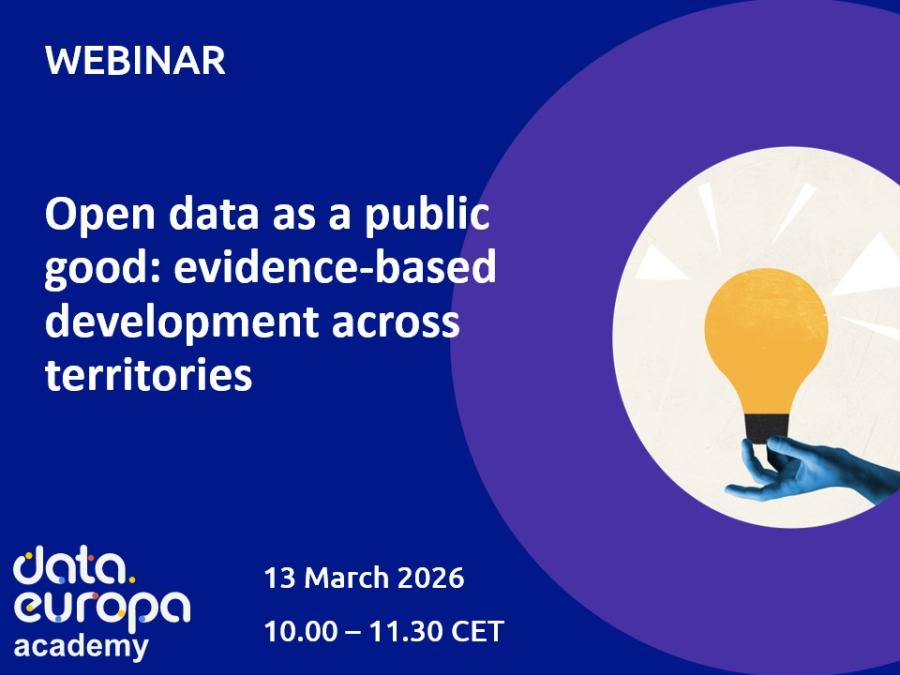Ungheria

Blog da: Ungheria
Nessun articolo al momento
Use cases in: Ungheria
K-monitor is an NGO that fights corruption and promotes transparency in Hungary. The company challenges social indifference to corruption in the country. The company creates tools and databases to make public expenses trackable and decision makers accountable.
K-monitor is an NGO that fights corruption and promotes transparency in Hungary. The company challenges social indifference to corruption in the country. The company creates tools and databases to make public expenses trackable and decision makers accountable.
Otthontérképis a map-based database of real estate for sale or to rent.
Relazioni in: Ungheria

Eventi sui dati aperti in: Ungheria

Nessun evento previsto al momento
Open Data News in: Ungheria






